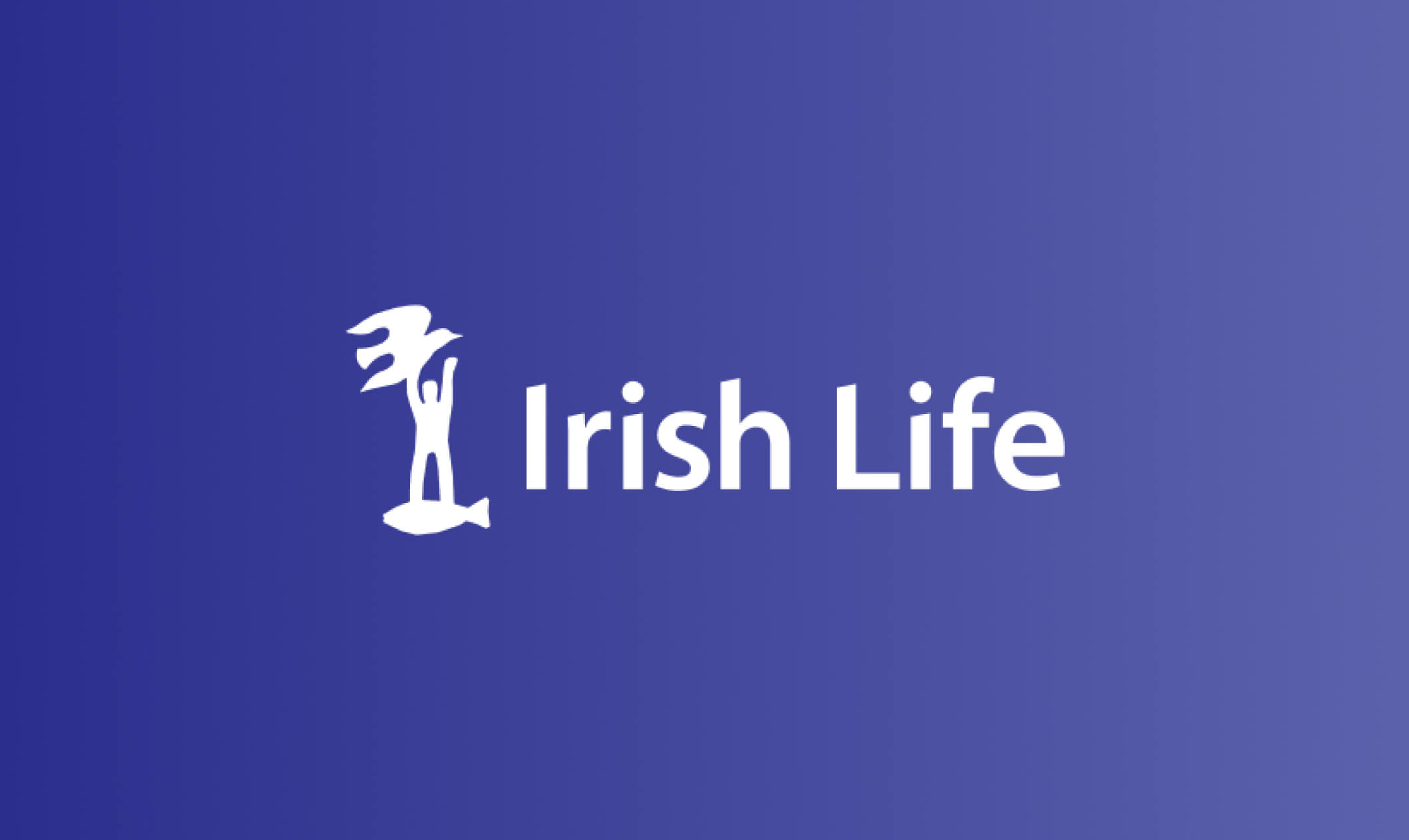ILIM Quarter in Review: Q3 2025

by Irish Life
Written by Irish Life staff
Market News • 17 October 2025 • 3 min read

ILIM Quarter in Review: uncertainty eases
This blog was written by Irish Life staff based on content produced by Irish Life's investment managers (ILIM).
Key events from Q3 2025
Reduced trade tensions supported a positive outlook globally.
The US Government entered a shutdown at the start of October.
Global equities rallied as Eurozone bond yields rose.
US
The US and EU struck a trade deal with a 15% tariff rate being agreed on most goods and a zero-for-zero deal on selected items. Japan also agreed a lower tariff than Trump's original proposal.
The One Big Beautiful Bill was signed into law in July. Overall, it is expected to increase US growth by 0.2-0.3% in 2026 even accounting for tariffs offsetting this.
US economic data has generally been resilient in recent months. Household consumption remains robust, with August headline retail sales up by 0.6% m/m and core rising by 0.7%. However, there were concerns around slowing labour market activity as only 22K non-farm jobs were added in August.

The rate-cutting cycle could end.
Europe
Eurozone GDP rose by 0.1% in Q2. This was driven by upside surprises in France and Spain, with improved household consumption in both countries.
The European Central Bank kept its policy rate unchanged during Q3. ECB President Lagarde emphasised that the Eurozone economy was performing well with inflation stabilising at 2%. The Bank upgraded its inflation and growth projections for this year – a move that was widely seen as indicating the end of the current rate-cutting cycle.
Political uncertainty continues in France.
Equities & bonds
Global equities, as represented by the MSCI All Country World Index (ACWI) rallied by 8.1% (7.6% in euro terms) in Q3. US stocks were supported by the resumption of US rate cuts.
The ICE BofA 5+ Year Euro Government bond index returned -0.5% as German Bund 10-year yields increased by 11bps to 2.71% amid a better growth backdrop and a lower likelihood of further rate cuts from the ECB, with capital losses more than offsetting return from interest-rate carry.